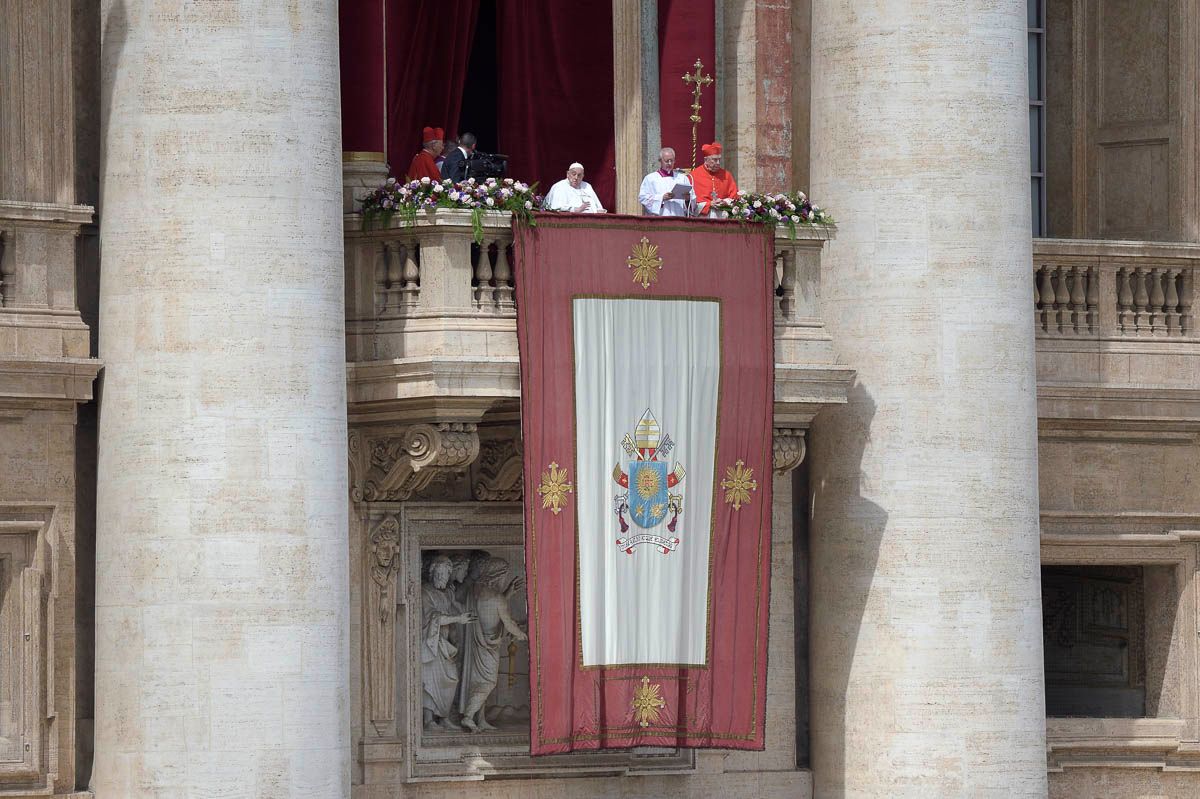The world is bidding farewell today to Pope Francis, one of the most influential figures in the modern Church. The Supreme Pontiff passed away this morning at the age of 88, only hours after making a public appearance that was already filled with symbolism.
Yesterday, visibly frail but serene and fully aware, he stepped onto the Apostolic Palace balcony at St. Peter’s Square for the last time to impart his blessing and share words that now carry a deep and meaningful weight.
Pope Francis’ message reaffirmed the signature themes that shaped his relationship with the American Church: mercy, inclusion, and an unwavering option for the poor.
He delivered a short reflection many are calling his spiritual testament: “The true ordo amoris we must foster is the one we discover by constantly meditating on the parable of the Good Samaritan—that is, the love that builds a fraternity open to everyone, without exclusion.”
"How much contempt is sometimes shown towards the weakest, the marginalised, the migrants! On this day, I would like us to once again have hope and trust in others, even in those who are not close to us or come from distant lands, with customs, ways of life, ideas and habits different from our own. Because we are all children of God".
That call for boundless love, rooted in the Gospel’s active compassion, echoed the core themes of his papacy: mercy, inclusion, and care for the most vulnerable. Despite his evident weakness, he raised his hand to bestow the apostolic blessing with a strength that moved even longtime aides.
Just hours before his death, Pope Francis also held a private meeting with U.S. Vice President J.D. Vance at the Vatican. An official statement released today described the talks as “cordial” and noted satisfaction with “the Trump administration’s commitment to protecting freedom of religion and conscience.”
The statement added: “There was an exchange of views on the international situation, especially concerning nations affected by war, political tension, and severe humanitarian crises, with particular attention to migrants, refugees, and prisoners.”
This focus reflected a constant hallmark of his pastoral leadership: a plea for global justice, respect for human dignity, and active defense of those on the margins or in harm’s way.
The statement ended with a hope for “serene collaboration between the State and the Catholic Church in the United States,” highlighting “the valuable service the Church provides to society’s most vulnerable.” The final line seemed to address Vice President Vance’s recent claim that the U.S. Conference of Catholic Bishops was resettling “illegal immigrants” to secure federal funds, a comment firmly rejected by many American cardinals, that defended the Church’s humanitarian work on migration.
The Pope on the balcony, fragile, silent at moments, yet burning with faith and hope is an image that will remain etched in the memories of millions. His last blessing and his tireless appeal for fraternity, he leaves a legacy that transcends religious and political borders.
,type=downsize)
